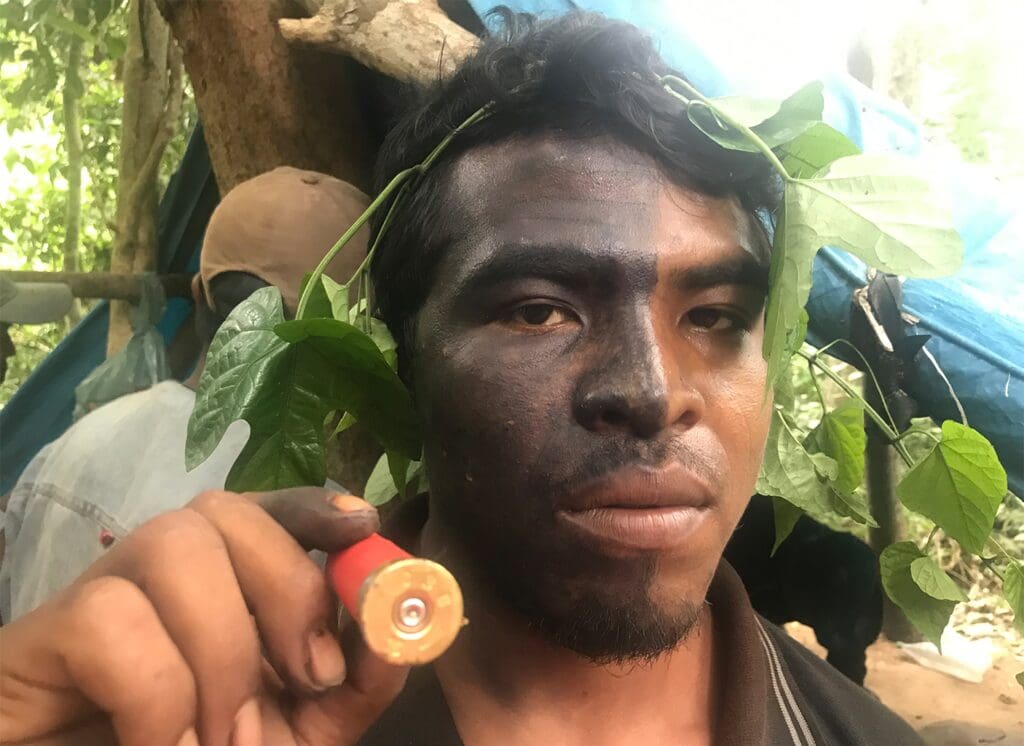The Unsung Heroes That Are Preventing Climate Change and Environmental Loss
From 2012 to 2022, at least 1,910 environmental defenders, meaning people advocating for environmental protection, were killed worldwide according to the Yale School of Environment. These are only the cases that have actually been reported and the reality is that this is the tip of the iceberg as there are many deaths of environmental defenders that go unnoticed and unreported. Just in 2022, 177 environmental activists were murdered, and interestingly, one-third of the victims were indigenous people. Through investigations, it has been most notably found that these killings were carried out by hitmen, organized crime groups, land invaders, companies, and sometimes even with government involvement. The countries that seem to be suffering the most with violence against environmental activists/defenders, are the Philippines, Colombia, India, Brazil, Guatemala, Mexico, and the DRC. The countries where these killings tend to happen such as the ones listed, are labeled as either flawed democracies or hybrid regimes. The violence inflicted toward these environmental defenders/activists does not just include murder. Methods of death threats, kidnappings, intimidation, forced disappearances, legal threats including criminalization (by both government and corporates), forced displacement, defamation, are all other forms of violence carried out against these environmental defenders/activists. Some cases of these killings have received worldwide attention, such as the killing of Dom Phillips and Bruno Pereira together, by reportedly a fisherman, and the killing of Chico Mendes by ranchers who made efforts to deforest land in the Amazon.
As of 2023, the Amazon is home to 1.6 million indigenous people who are split among the nations of Bolivia, Brazil, Colombia, Ecuador, French Guiana, Guyana, Peru, Suriname, and Venezuela. These groups of indigenous populations are part of the unsung heroes that have been defending against deforestation and are contributing to carbon sinks that help the situation with preventing climate change and global warming according to growing research. With indigenous people being on the frontline for their environments however, they have been the ones that have been fighting the worst aggression from the earlier mentioned groups. In the last five years, it seems that Mexico, Colombia, and Brazil are struggling the most with violence against environmental defenders, particularly with murder as data shows. But the problem that has been extremely persistent is impunity for criminals when they commit acts of violence against these crucial environmental defenders.

As an indigenous example, there is the case of the killing of twenty-six year old Paulo Paulino Guajajara (Shown in the image above) in 2019 by supposed illegal loggers that have been operating in the Arariboia Indigenous Territory. After 4 years, the case of the killing still has not managed to go to trial when journalist Karla Mendes went to discuss the matter with his family in 2023. Paulo and his friend Laércio Guajajara left home to go hunt for fun in their territory, along their trip they discovered motorbikes that were left by loggers who were most likely scouting trees to cut. All of a sudden when they took a break to drink water at a well before leaving to report the motorbikes and loggers, the loggers in the area had found them and began shooting all of a sudden under no provocation, and Paulo was hit and killed. Laércio managed to get away and is now a witness and survivor of the killing which is why we even have this information today. According to Mendes, in the past 20 years, more than 50 Guajajara individuals have been killed in Maranhão, with none of the perpetrators ever being tried. Even Paulo’s father during an interview said, he had, “never seen a white man who killed an indigenous imprisonedâ€, and, “my mother was killed by a logger. My brother-in-law was killed by a logger – his name was Santino, and now it is my son.†Paulo’s case was expected to be a landmark as it would be the first indigenous murder case to go to a federal jury, however it never ended up happening. Before, there was simply no one that could come back and have an eye witness account as usually all members in groups were killed. If there is one thing we can learn from this, it’s that delayed justice still counts as impunity to a certain extent as criminals still roam free and the rest of the family, or tribe, is in danger as long as these criminals run free.
